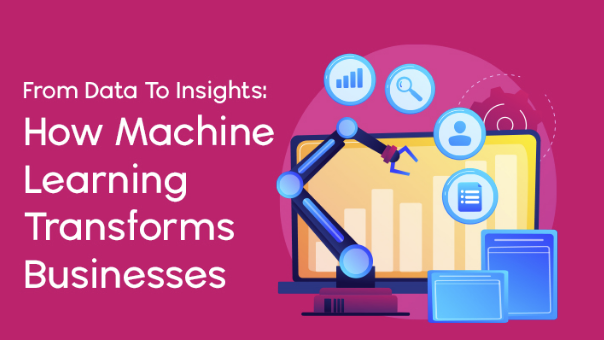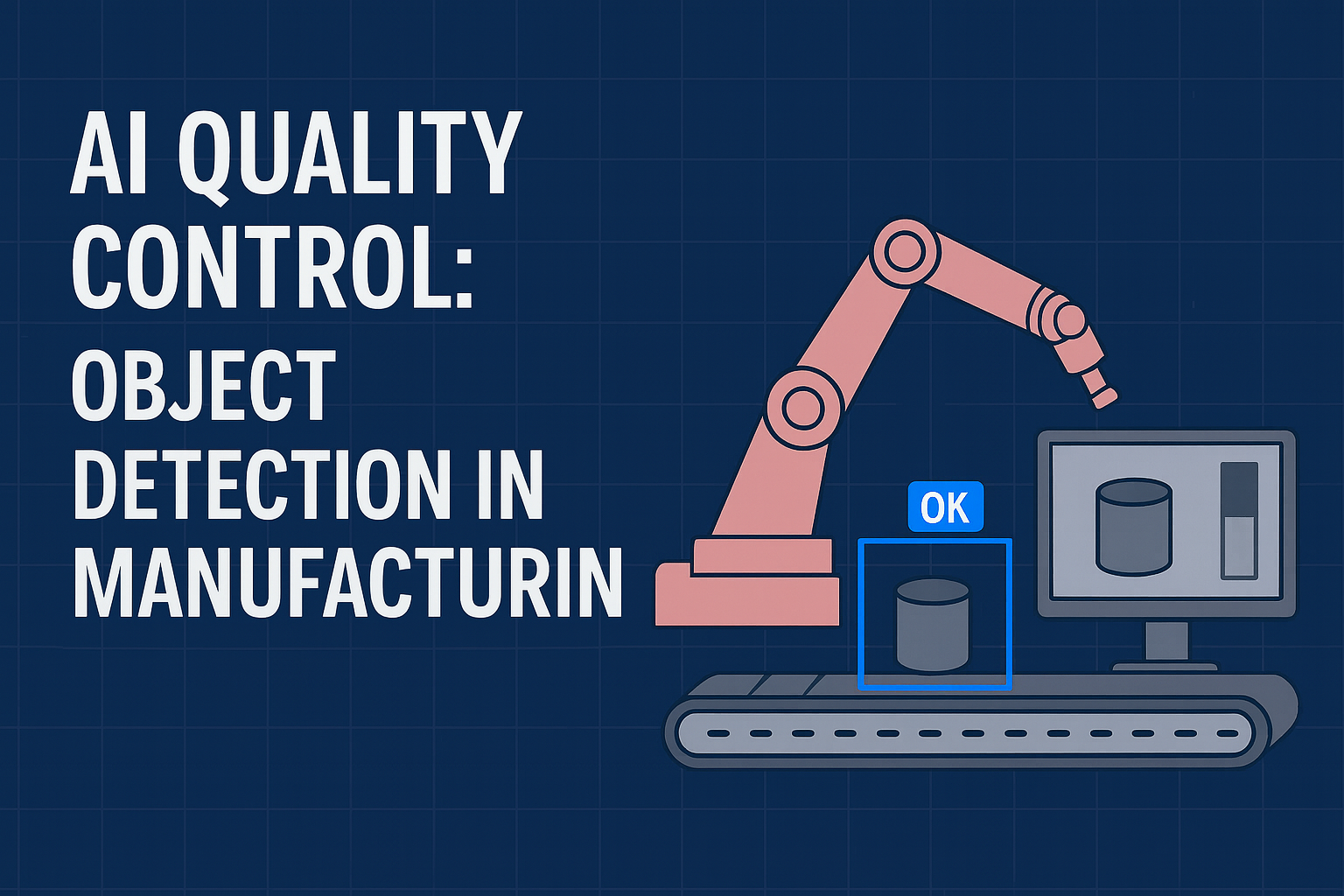In today's data-driven world, businesses are constantly seeking ways to extract meaningful insights from the vast amount of information available to them. Machine learning has emerged as a transformative technology, enabling businesses to unlock valuable insights and make data-driven decisions. This article explores the role of machine learning in transforming businesses, from data collection and preprocessing to predictive modeling and decision-making.
I. The Data Revolution and Business Challenges:
1.1 The Rise of Big Data:
* Discuss the exponential growth of data in the digital age and its impact on businesses.
* Highlight the challenges businesses face in managing, analyzing, and extracting insights from large and complex datasets.
1.2 Data Quality and Preprocessing:
* Explain the importance of data quality and the need for preprocessing techniques.
* Discuss common data preprocessing steps, such as cleaning, normalization, and feature engineering.
1.3 Traditional Analytics vs. Machine Learning:
* Compare traditional analytics approaches with machine learning in terms of scalability, complexity, and ability to handle unstructured data.
* Emphasize the advantages of machine learning in discovering complex patterns and making accurate predictions.
II. Machine Learning for Data Analysis and Insights:
2.1 Supervised Learning:
* Introduce the concept of supervised learning and its applications in business settings.
* Discuss regression and classification algorithms used for tasks such as sales forecasting, customer segmentation, and churn prediction.
2.2 Unsupervised Learning:
* Explain unsupervised learning techniques and their role in extracting insights from unlabeled data.
* Discuss clustering algorithms for market segmentation, anomaly detection, and recommendation systems.
2.3 Natural Language Processing (NLP):
* Explore how machine learning enables businesses to analyze and extract insights from text data.
* Discuss applications of NLP, such as sentiment analysis, text classification, and chatbot development.
2.4 Time Series Analysis:
* Highlight the importance of time-dependent data analysis for forecasting and anomaly detection.
* Discuss machine learning models for time series analysis, such as ARIMA, LSTM, and Prophet.
III. Predictive Modeling and Decision-Making:
3.1 Predictive Analytics:
* Explain the concept of predictive modeling and its applications in business decision-making.
* Discuss the steps involved in building predictive models, including data preparation, model selection, training, and evaluation.
3.2 Recommender Systems:
* Explore how machine learning powers recommendation engines in various industries.
* Discuss collaborative filtering, content-based filtering, and hybrid recommender systems.
3.3 Fraud Detection and Risk Assessment:
* Highlight the role of machine learning in detecting fraudulent activities and managing business risks.
* Discuss anomaly detection, fraud scoring models, and risk prediction algorithms.
3.4 Optimization and Resource Allocation:
* Explain how machine learning techniques optimize business processes and resource allocation.
* Discuss applications such as supply chain optimization, demand forecasting, and resource scheduling.
IV. Business Transformation and Impact:
4.1 Enhanced Customer Experience:
* Discuss how machine learning enables businesses to personalize customer experiences.
* Highlight applications such as targeted marketing, personalized recommendations, and chatbots.
4.2 Improved Operational Efficiency:
* Explore how machine learning optimizes business operations and reduces costs.
* Discuss applications in inventory management, predictive maintenance, and quality control.
4.3 Competitive Advantage and Innovation:
* Explain how machine learning empowers businesses to gain a competitive edge.
* Discuss the role of machine learning in product development, market analysis, and process optimization.
V. Challenges and Considerations:
5.1 Data Privacy and Ethical Concerns:
* Address the ethical implications of using customer data and the importance of privacy protection.
* Discuss the need for responsible data handling and compliance with regulations such as GDPR.
5.2 Model Interpretability and Explainability:
* Discuss the challenge of interpreting and explaining machine learning models to gain stakeholders' trust.
* Highlight the importance of model interpretability for regulatory compliance and business decision-making.
5.3 Data Bias and Fairness:
* Address the issue of bias in machine learning algorithms and its impact on business outcomes.
* Discuss the need to mitigate bias and ensure fairness in data collection, preprocessing, and model training.
5.4 Talent and Skill Gap:
* Explore the skills and expertise required to implement and manage machine learning in businesses.
* Discuss the challenges of acquiring and retaining data scientists and machine learning specialists.
VI. Future Perspectives and Conclusion:
6.1 Advancements in Machine Learning:
* Explore emerging trends and advancements in machine learning that will further transform businesses.
* Discuss the potential of deep learning, reinforcement learning, and federated learning in business applications.
6.2 Adoption and Integration:
* Highlight the importance of organizational readiness and a data-driven culture for successful machine learning integration.
* Discuss strategies for overcoming challenges and fostering adoption across different business functions.
6.3 Ethical and Responsible AI:
* Emphasize the need for ethical considerations and responsible AI practices in business settings.
* Discuss the role of frameworks and guidelines to ensure transparency, accountability, and fairness.
In conclusion, machine learning has the power to transform businesses by extracting insights from vast amounts of data and enabling data-driven decision-making. From data preprocessing to predictive modeling, businesses can leverage machine learning techniques to gain a competitive advantage, improve customer experiences, optimize operations, and drive innovation. However, challenges such as data privacy, model interpretability, and bias need to be addressed to ensure responsible and ethical use of machine learning. With ongoing advancements and organizational commitment, machine learning will continue to shape the future of businesses, enabling them to thrive in the data-driven economy.








Leave a reply